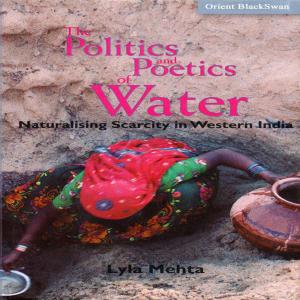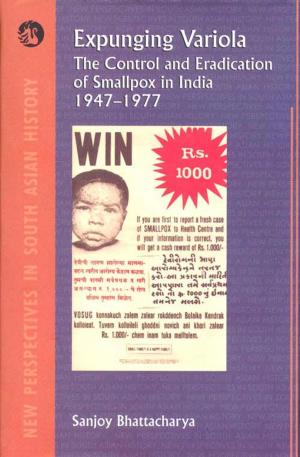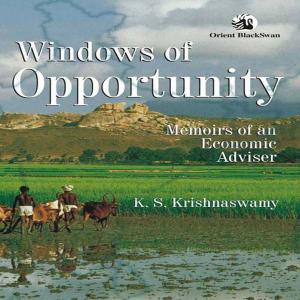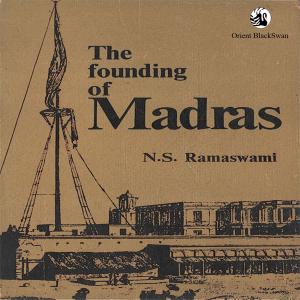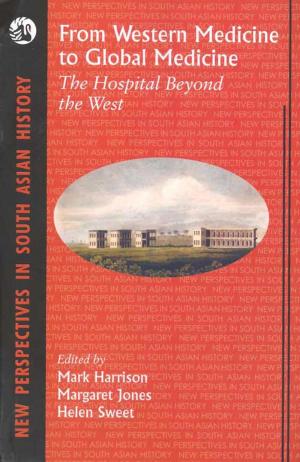The State of Being Stateless
An Account of South Asia
Nonfiction, Social & Cultural Studies, Political Science, Politics, History & Theory| Author: | Paula Banerjee | ISBN: | 9789386392572 |
| Publisher: | Orient Blackswan Private Limited | Publication: | March 24, 2017 |
| Imprint: | Language: | English |
| Author: | Paula Banerjee |
| ISBN: | 9789386392572 |
| Publisher: | Orient Blackswan Private Limited |
| Publication: | March 24, 2017 |
| Imprint: | |
| Language: | English |
Statelessness is defined as the quality of being without a state, a nationality, or even the protection that nationality should offer. Addressing the lacuna in literature on stateless people in post-colonial South Asia, this study brings together the lived experiences of diverse stateless groups within a comparative framework. Through research conducted across dissimilar groups in different geographical locations—India, Pakistan, Bangladesh, Sri Lanka, Nepal, Tibet and Bhutan—it asks some critical questions: How are certain groups and communities—often, the minorities—rendered stateless? Is the existing legal regime adequate to deal with the problem of statelessness? And do policymakers now need to think beyond legal terms, as judicial activism has clearly proved ineffective? Demonstrating that continued situations of dislocation and/or refugee hood can produce statelessness, the book elaborates a new way of thinking about this increasingly important field of study, and suggests a way towards framing better and more inclusive international and national laws to deal with this issue.With its cross-disciplinary approach, this volume will be invaluable for undergraduate and postgraduate students of international relations, political science, law, history and refugee studies. It will also be useful to research centres and non-governmental organisations working on/with stateless and refugee groups across the world.
Statelessness is defined as the quality of being without a state, a nationality, or even the protection that nationality should offer. Addressing the lacuna in literature on stateless people in post-colonial South Asia, this study brings together the lived experiences of diverse stateless groups within a comparative framework. Through research conducted across dissimilar groups in different geographical locations—India, Pakistan, Bangladesh, Sri Lanka, Nepal, Tibet and Bhutan—it asks some critical questions: How are certain groups and communities—often, the minorities—rendered stateless? Is the existing legal regime adequate to deal with the problem of statelessness? And do policymakers now need to think beyond legal terms, as judicial activism has clearly proved ineffective? Demonstrating that continued situations of dislocation and/or refugee hood can produce statelessness, the book elaborates a new way of thinking about this increasingly important field of study, and suggests a way towards framing better and more inclusive international and national laws to deal with this issue.With its cross-disciplinary approach, this volume will be invaluable for undergraduate and postgraduate students of international relations, political science, law, history and refugee studies. It will also be useful to research centres and non-governmental organisations working on/with stateless and refugee groups across the world.

